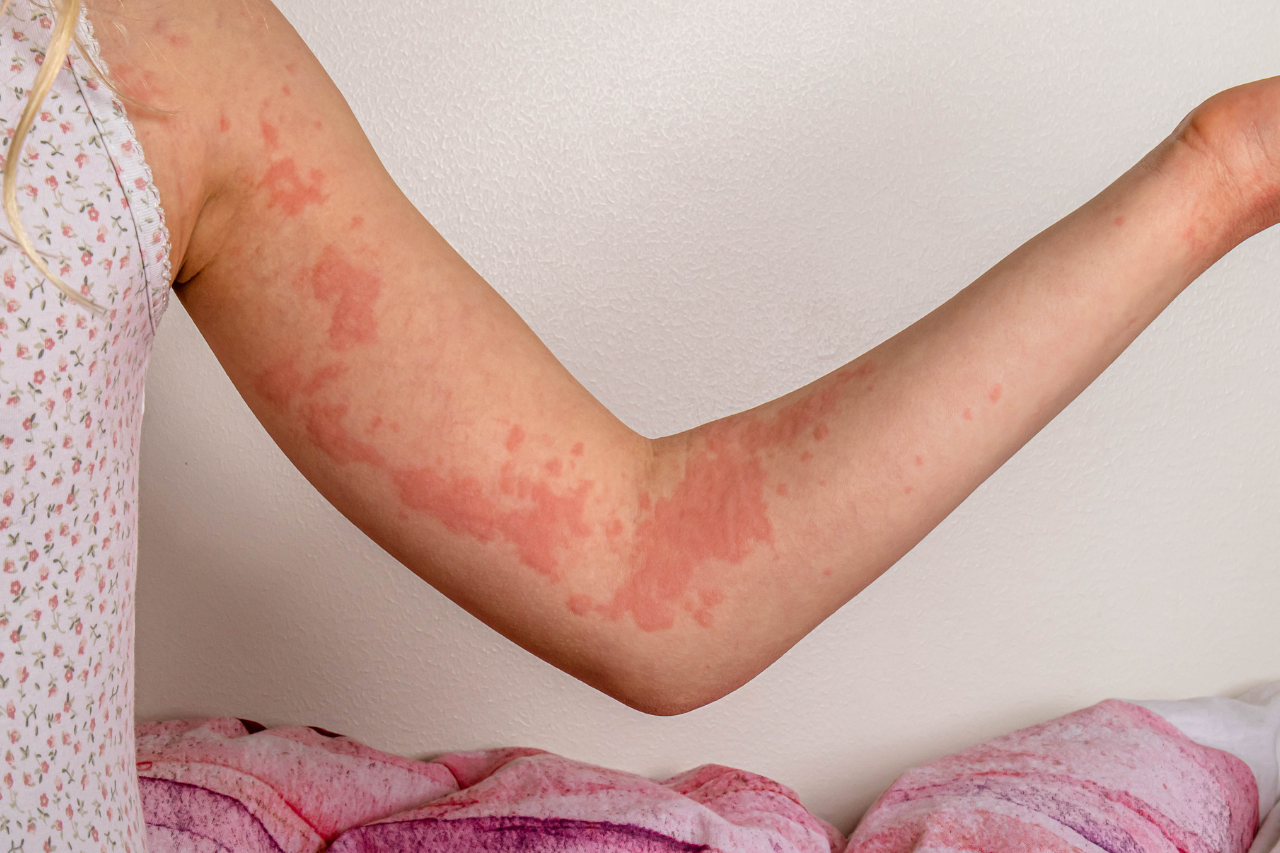Are Humidifiers Good For Allergies & Asthma?
What Are Humidifiers?
Humidifiers are devices that add water vapor to the air in a room or throughout a home. People sometimes ask, “What does a humidifier help with?” or “Do humidifiers help with allergies?”. By making the air more humid, they can ease the symptoms of colds, allergies, asthma, and other respiratory problems. At the same time, they can help soothe chapped lips and dry, irritated sinuses. But it’s important to note that too much humidity can actually be bad for people with respiratory problems, so humidifiers should be used wisely.
How Do Humidity Levels Affect Allergies and Asthma?
Our bodies are sensitive to the humidity level around us. Ideally, the level in your home should be 30-50% (you can measure it with a hygrometer that you can purchase at a hardware store). When the air is dryer than that, you may experience irritated nasal passages, a scratchy throat, itchy eyes, and dry skin. However, if the humidity gets too high, you may see condensation on the walls and floors, and that moisture is an ideal environment for mold, bacteria and dust mites, which can trigger allergies and asthma attacks.
So, is a humidifier good for seasonal allergies? Yes, when it’s used to bring the humidity into the appropriate range. What does a humidifier do for allergies? It supports the proper and comfortable functioning of the various structures that help you breathe.
Humidifier Maintenance
It’s crucial to keep your humidifier clean so that it’s not spreading mold or bacteria. Here are some home humidifier maintenance tips that apply to portable devices and/or central air conditioning and heating systems:
- Use distilled or demineralized water, which won’t produce deposits that promote the growth of bacteria.
- Unplug the humidifier and change the water daily, if possible, drying the inside surfaces before you refill it.
- Clean the device after every three days of use. Follow the manufacturer’s instructions on the best way to clean the humidifier. Be sure to rinse it thoroughly after using any cleaning chemicals.
- Replace the filter regularly.
- Check the area around the humidifier periodically. If the carpet or drapes feel damp, operate the humidifier at a lower setting or less frequently.
- When storing your humidifier, be sure to clean it thoroughly first.
Replace your old humidifier as recommended by the manufacturer, or if you suspect it’s developing deposits you can’t see or reach.
What Are the Best Humidifiers for Allergies and Asthma?
What type of humidifier is best for allergies? There are a number of options to consider based on your needs and ability to properly maintain them.
Evaporative humidifiers produce a cool mist by pushing air through a moistened wick that draws water from a reservoir.
Air washer humidifiers have rotating filter discs that remove bacteria and viruses from the water. They also filter dust and pollen from the air, providing excellent allergy relief. However, they require more maintenance and cleaning.
Ultrasonic humidifiers can produce cool or warm mist. They use vibrations that break the water into fine particles, and then a fan sends those particles outward as mist.
Steam vapor humidifiers heat water and then release the steam. In the process, many steam vapor humidifiers can destroy bacteria, mold, and algae. However, the presence of very hot water means they shouldn’t be used around children.
With a little bit of research, you can determine the best humidifier for allergies and asthma in your home.
If you’re experiencing asthma or allergy symptoms, or have questions about how humidifiers affect these conditions, contact Baptist Health for more information or to schedule an appointment.



